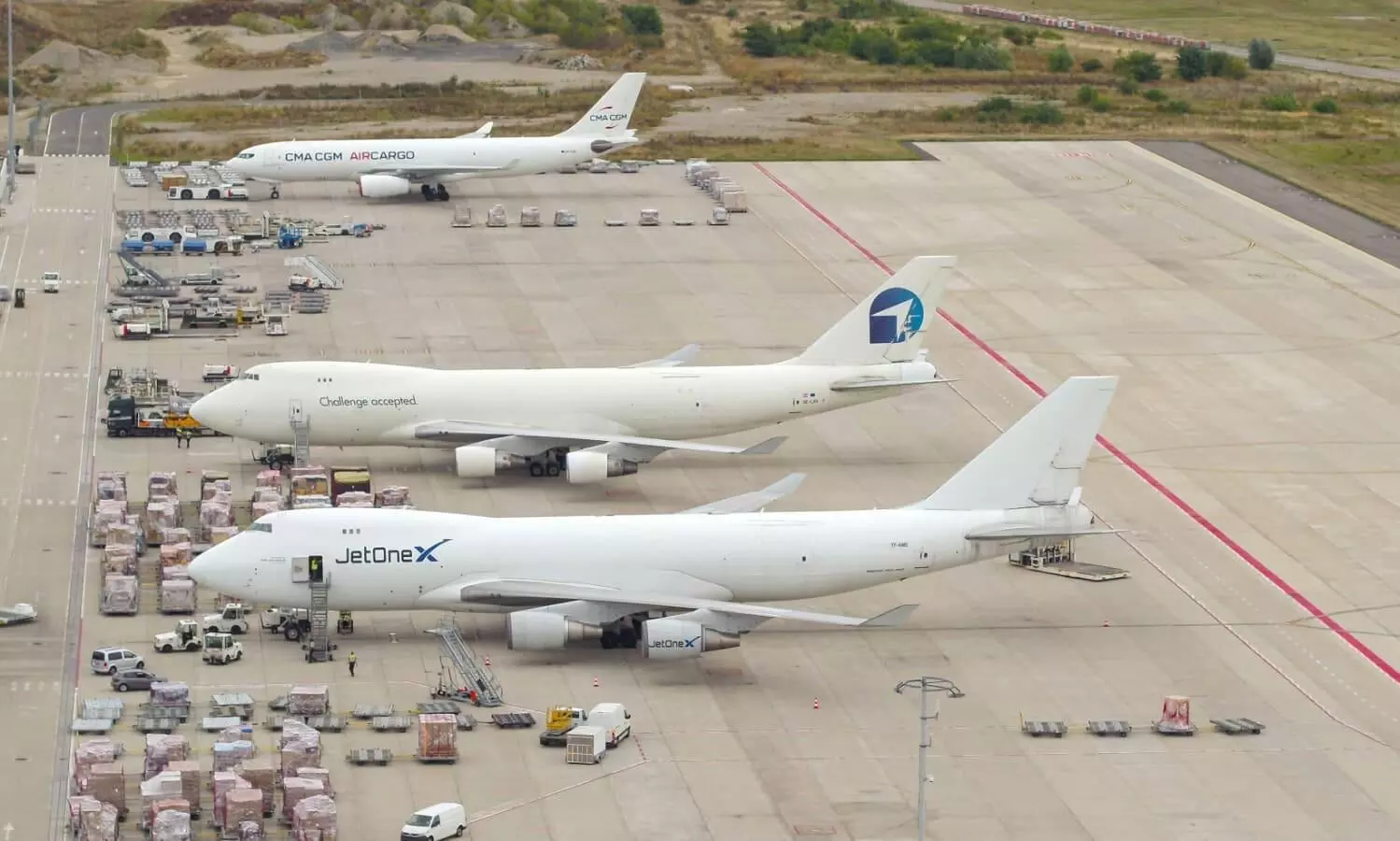
ICS2 helps Belgian authorities stop €75 million drug precursors
Import Control System 2 will allow EU customs authorities to better identify high-risk consignments

Photo Credit: Liege Airport
With the European Union implementing a new customs pre-arrival security and safety programme, underpinned by a large-scale advance cargo information system – Import Control System 2 (ICS2), the Belgian customs at Liege Airport successfully intercepted and seized more than 2.5 tonnes of drug precursors with a retail value estimated at €75 million at the end of March.
The EU has launched a public consultation to gather views on the monitoring and control of drug precursors or chemical substances that could be diverted to produce drugs.
"All interested stakeholders can share their views on the Commission’s Have your Say portal till July 10, 2024.
"Drugs trade is one of the most significant security threats faced by the EU today and the situation is escalating. The size of this threat and its worldwide reach, as well as its negative effect on society - such as addiction and violence - calls for strong and sustainable, lean, and effective action at EU and at global level."
Economic operators carrying goods by sea, inland waterways, road and rail will now have to submit a complete entry summary declaration (ENS) dataset to ICS2 w.e.f June 3, 2024. "This includes postal and express carriers who transport goods using these modes of transport as well as other parties such as logistic providers issuing transport documents to their clients, and in certain circumstances also final consignees established in the EU, will have to submit ENS data to ICS2."
To meet their ENS data filing obligations, operators will need to update their IT systems and business process and provide adequate training to their staff.
ICS2 introduces efficient and effective EU customs security and safety capabilities that will:
*Increase protection of EU citizens and the internal market against security and safety threats;
*Allow EU customs authorities to better identify high-risk consignments and intervene at the most appropriate point in supply chain;
*Support proportionate, targeted customs measures at the external borders in crisis response scenarios;
*Facilitate cross-border clearance for the legitimate trade; and
*Simplify the exchange of information between economic operators and EU customs authorities.
ICS2 ensures more safety
Preloading Advance Cargo Information (PLACI) ensures reply by EU authorities before goods can be handed over to carriers. "A risk analysis process is triggered at the moment of receipt of the Entry Summary Declaration (ENS) filing containing the required PLACI data. The PLACI risk assessment is only focused on the detection of an immediate risk to aviation."
Amar More, CEO, Kale Logistics says: "Kale’s air cargo community systems are geared to help the community including forwarders, airlines and ground handling agents (GHAs) comply with the requirements of ICS2 as we have the features of Advanced Shipment Information (ASI) available in our platform. In fact, the airlines and handlers using or planning to use our offerings will get the shipment data even before the trucks or cargo arrive at the airport. This data is taken without putting the burden of the forwarders creating multiple and expensive EDI connections or expending more efforts in putting data on multiple websites.
"Our offering is unique and has many advantages for the community. As the regulators advance data requirements from post arrival to pre-arrival to wheels-up to pre-loading, Kale’s unique and differentiated offerings from its community platform suite can help several airlines and GHAs avoid delays and penalties with zero capital investments and minimal operations costs."
Radhesh Menon, Head, Product Management and Strategy, Air Cargo LoB, IBS Software adds: "Since implementation is at the point of origin, ground handlers will now have the additional responsibility of transmitting data to the carrier who will then send it to EU authorities. Airlines, therefore, will have to have contracts with ground handlers for filings that may become an incremental cost. There will also be retraining, rescaling of employees that also involves cost. If reporting is not followed, fines are pretty heavy including loss of licences."

